Does Humza Yousaf's new independence strategy stand a chance?
SNP will claim mandate for new referendum negotiations if the party wins a majority of Westminster seats in Scotland
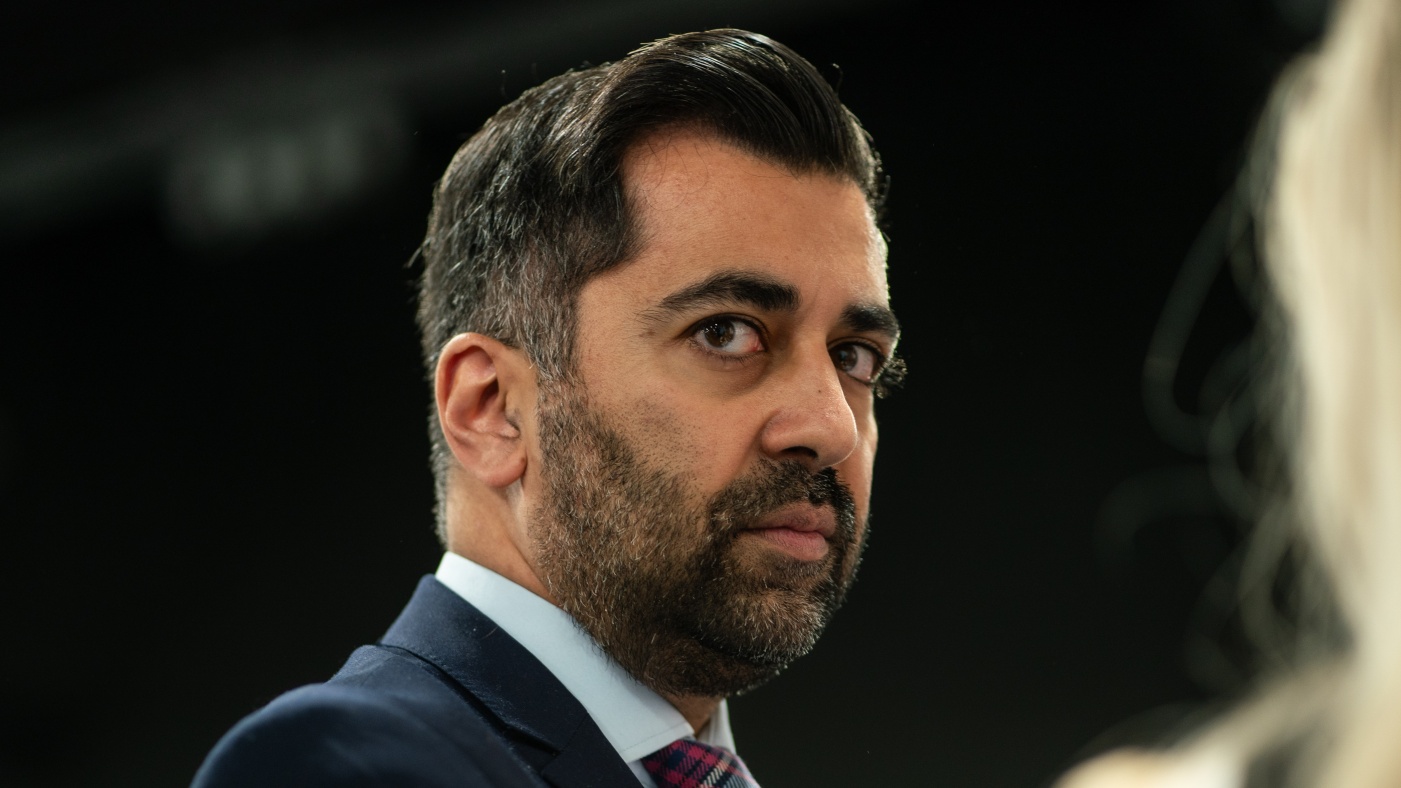
The Scottish National Party (SNP) will claim a "mandate" for a new independence referendum if it wins a majority of Scottish seats rather than votes at the next general election, in a change to its independence strategy.
Delegates at the SNP annual conference in Aberdeen voted overwhelmingly to back a motion proposed by First Minister Humza Yousaf and MP Stephen Flynn, which means the party will demand a new referendum if it wins a simple majority of Scottish constituencies at Westminster – 29 seats.
In the 2019 general election, the SNP won 48 seats out of a possible 57.
The Week
Escape your echo chamber. Get the facts behind the news, plus analysis from multiple perspectives.

Sign up for The Week's Free Newsletters
From our morning news briefing to a weekly Good News Newsletter, get the best of The Week delivered directly to your inbox.
From our morning news briefing to a weekly Good News Newsletter, get the best of The Week delivered directly to your inbox.
"A majority of seats is a victory, plain and simple," Yousaf told the SNP conference. "If we win that majority, that will be our mandate to begin negotiations with the UK government" on how to achieve independence, he said.
A struggle for 'coherent' strategy
Earlier this year, the SNP abandoned the strategy devised by their former leader Nicola Sturgeon, who said the party would need to win more than 50% of Scottish votes in a general election for there to be a mandate to open talks with the UK government.
Since then, the party has been "struggling to come up with a coherent plan" to lay out the path to a new referendum vote after losing the 2014 referendum by 55% to 45%, said the Financial Times.
The new strategy is a "U-turn" for "the flip-flop Minister of Scotland", argued the Daily Mail, and a watering-down of his previous plan based on the SNP winning the most Scottish seats in Westminster. But in order to stave off the "threat of a major defeat" on the first day of the SNP conference, Yousaf agreed to an amendment to his motion which changed his proposal to a "majority" of seats.
A free daily email with the biggest news stories of the day – and the best features from TheWeek.com
The proposal means that "even if the SNP loses a lot of seats to Labour" in the next general election – as it is expected to do – the SNP will still claim a mandate for a new independence vote and trigger negotiations to "give democratic effect" to Scotland becoming an independent country, said Eleni Courea in Politico's London Playbook. In other words, "it will ask for a referendum that neither Rishi Sunak nor Keir Starmer is very likely to grant."
A vote for 'constitutional chaos and confrontation'
That the SNP motion is "nonsense hardly needs to be said", said Iain Macwhirter in The Spectator. The party would soon find that it "has no one to negotiate with", he continued. "The UK government would rightly point out that in a general election, voters are choosing a government in Westminster, not issuing a declaration of independence. You can't negotiate with an empty chair."
And while Yousaf may believe that he can turn next year's general election to a legitimate referendum by stating on "page one, line one" of the SNP manifesto that a vote for his party is a vote for independence, a "better way to lose support could scarcely be imagined", continued Macwhirter. It is "effectively telling the Scottish people that a vote for the SNP is a vote to plunge the country into constitutional chaos and confrontation".
The SNP's new independence strategy – the fourth this year – could leave the party in the "absurd" position of arguing for independence despite potentially losing more than a dozen seats in the next election, said political editor Paul Hutcheon in the Daily Record. The SNP leader knows that "a short-term strategy based on winning a 'majority' of seats is no substitute for turning independence into the settled will of Scots".
Indeed, Yousaf's challenge now is to "provide answers to the tricky questions that dog the economics of independence" and "accept independence is a long-term proposition, not something that will be achieved in the next decade", said Hutcheon.
A likely Labour government in 2024 will kick the question of independence "further into touch". Independence has "drifted off the radar of Scottish politics and Yousaf's job is to ready supporters for this new reality".
Sorcha Bradley is a writer at The Week and a regular on “The Week Unwrapped” podcast. She worked at The Week magazine for a year and a half before taking up her current role with the digital team, where she mostly covers UK current affairs and politics. Before joining The Week, Sorcha worked at slow-news start-up Tortoise Media. She has also written for Sky News, The Sunday Times, the London Evening Standard and Grazia magazine, among other publications. She has a master’s in newspaper journalism from City, University of London, where she specialised in political journalism.
-
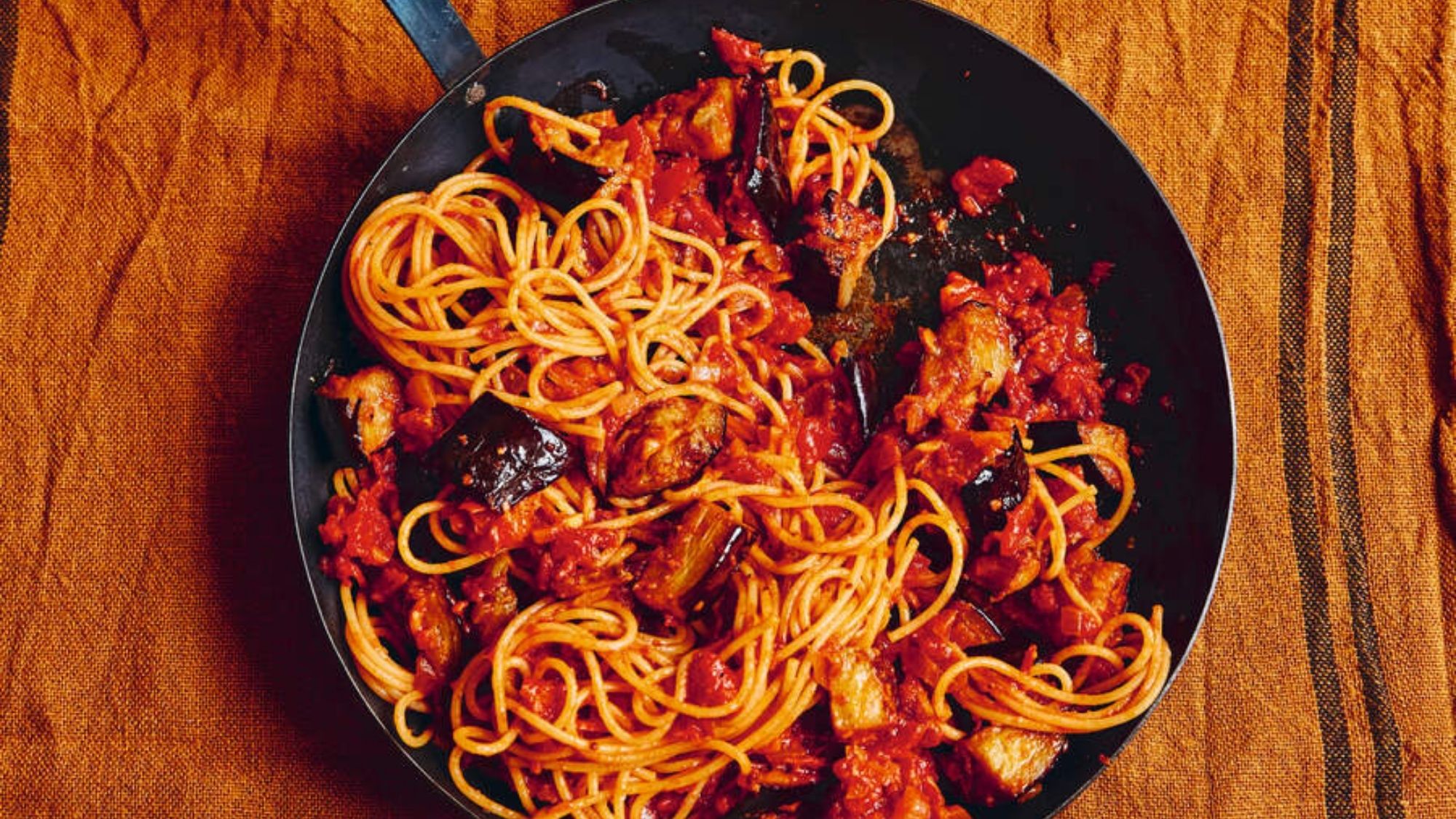 Ultimate pasta alla Norma
Ultimate pasta alla NormaThe Week Recommends White miso and eggplant enrich the flavour of this classic pasta dish
-
 Death in Minneapolis: a shooting dividing the US
Death in Minneapolis: a shooting dividing the USIn the Spotlight Federal response to Renee Good’s shooting suggest priority is ‘vilifying Trump’s perceived enemies rather than informing the public’
-
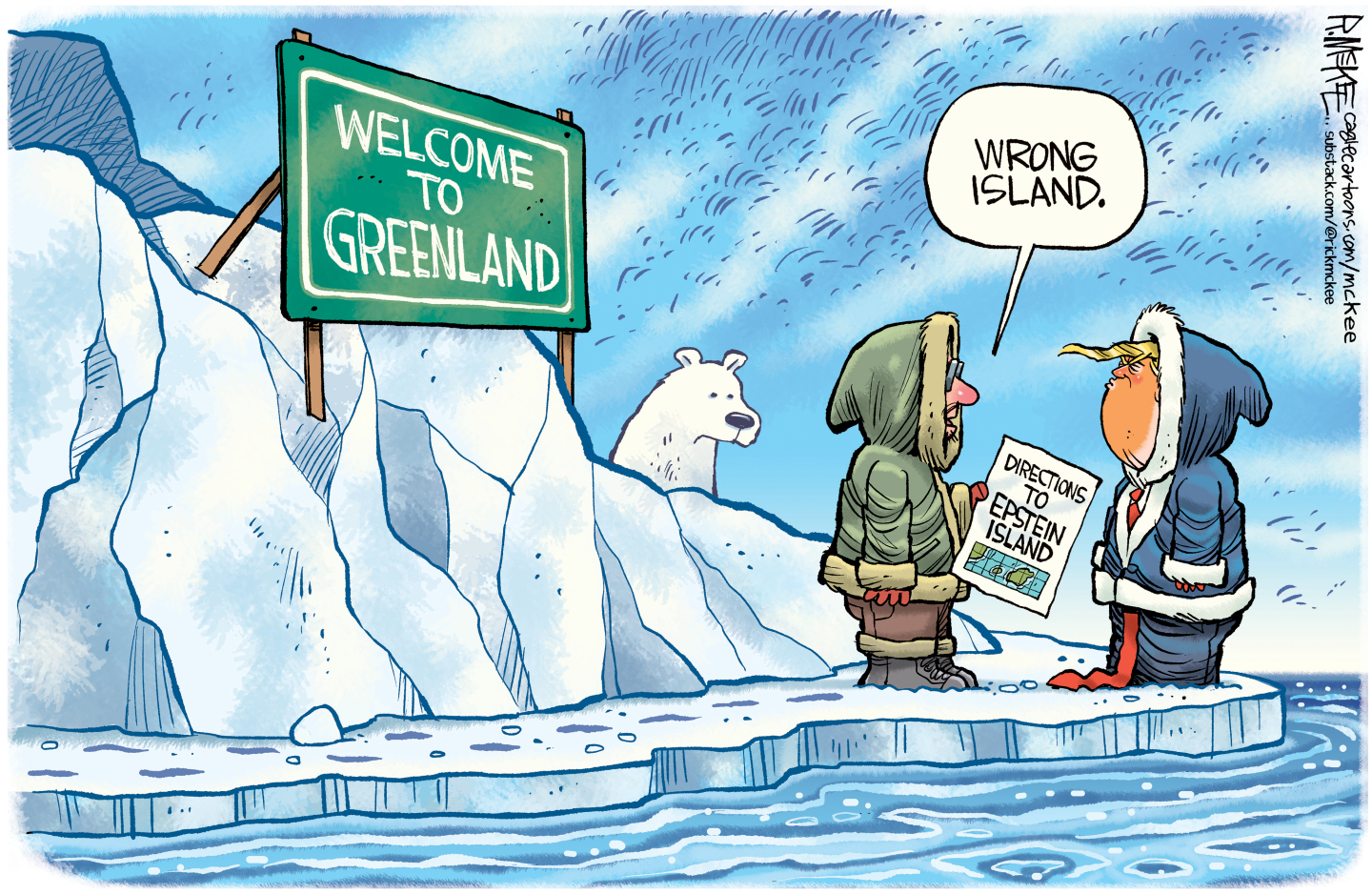 5 hilariously chilling cartoons about Trump’s plan to invade Greenland
5 hilariously chilling cartoons about Trump’s plan to invade GreenlandCartoons Artists take on misdirection, the need for Greenland, and more
-
 ‘It’s hard not to feel for the distillers’
‘It’s hard not to feel for the distillers’Instant Opinion Opinion, comment and editorials of the day
-
 Taking the low road: why the SNP is still standing strong
Taking the low road: why the SNP is still standing strongTalking Point Party is on track for a fifth consecutive victory in May’s Holyrood election, despite controversies and plummeting support
-
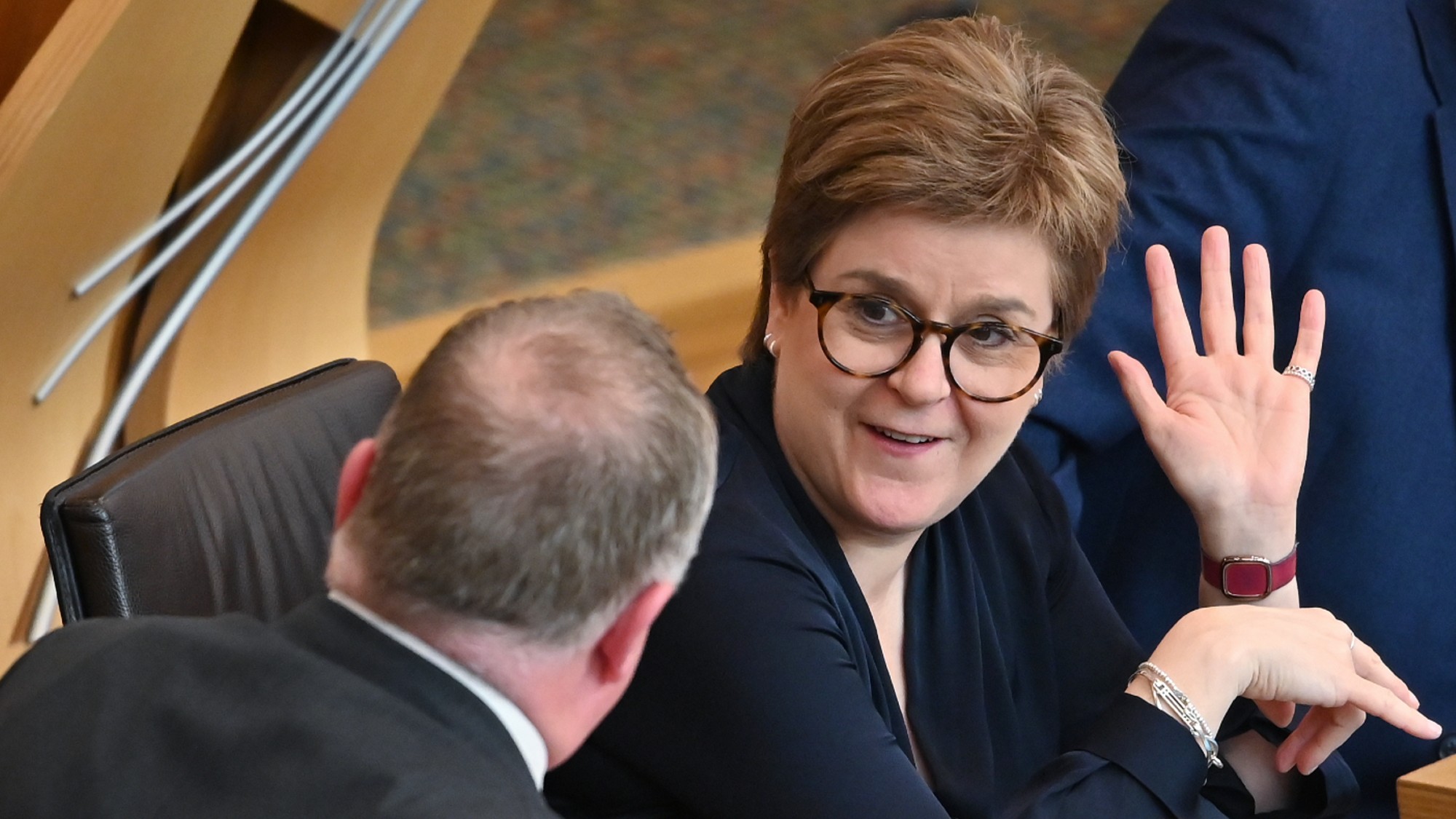 Nicola Sturgeon's memoir: making the personal political
Nicola Sturgeon's memoir: making the personal politicalTalking Point Former Scottish first minister attempts to set record straight in 'Frankly' but does she leave more questions than answers?
-
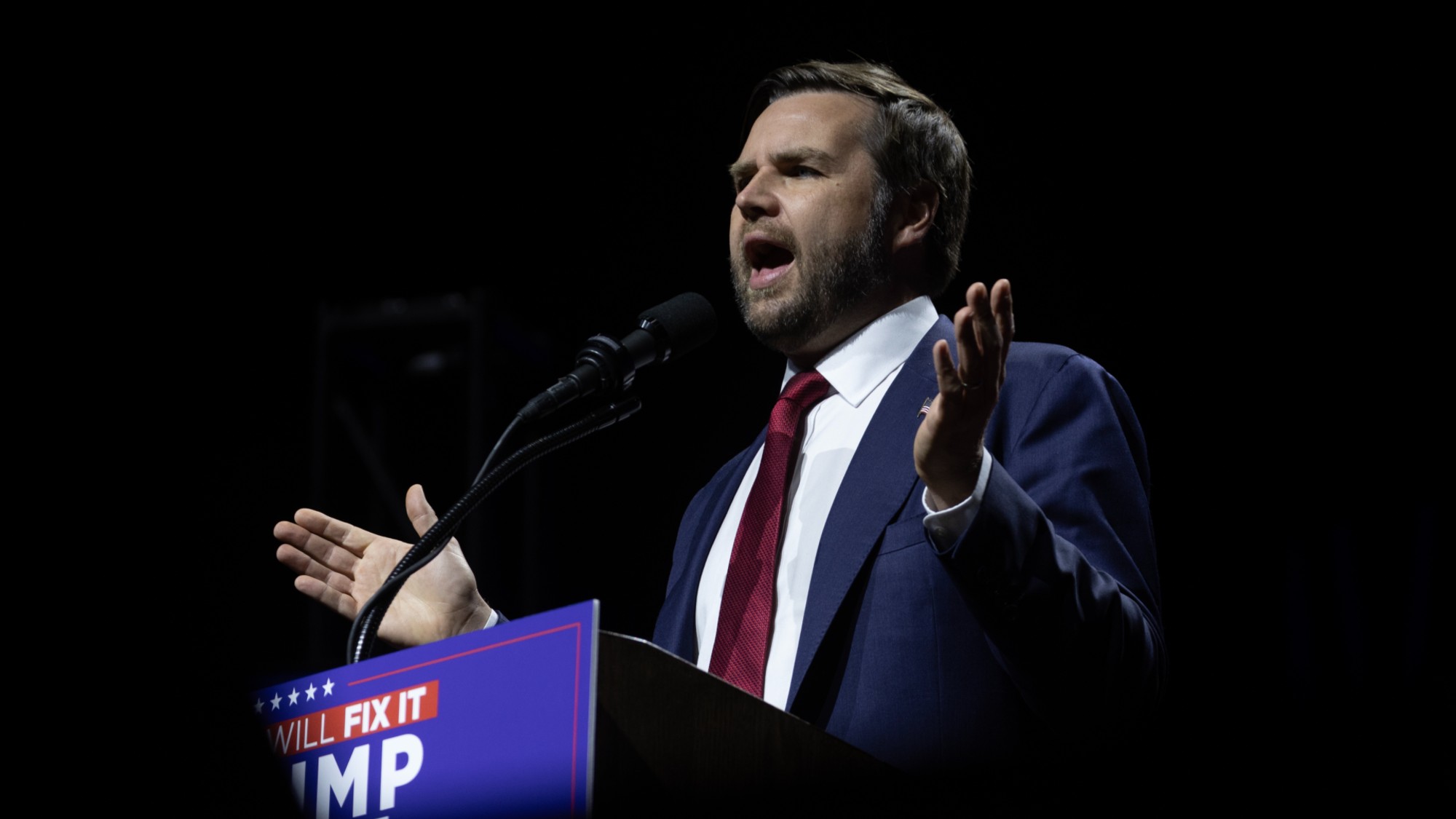 'Vance stands at a crossroads'
'Vance stands at a crossroads'Instant Opinion Opinion, comment and editorials of the day
-
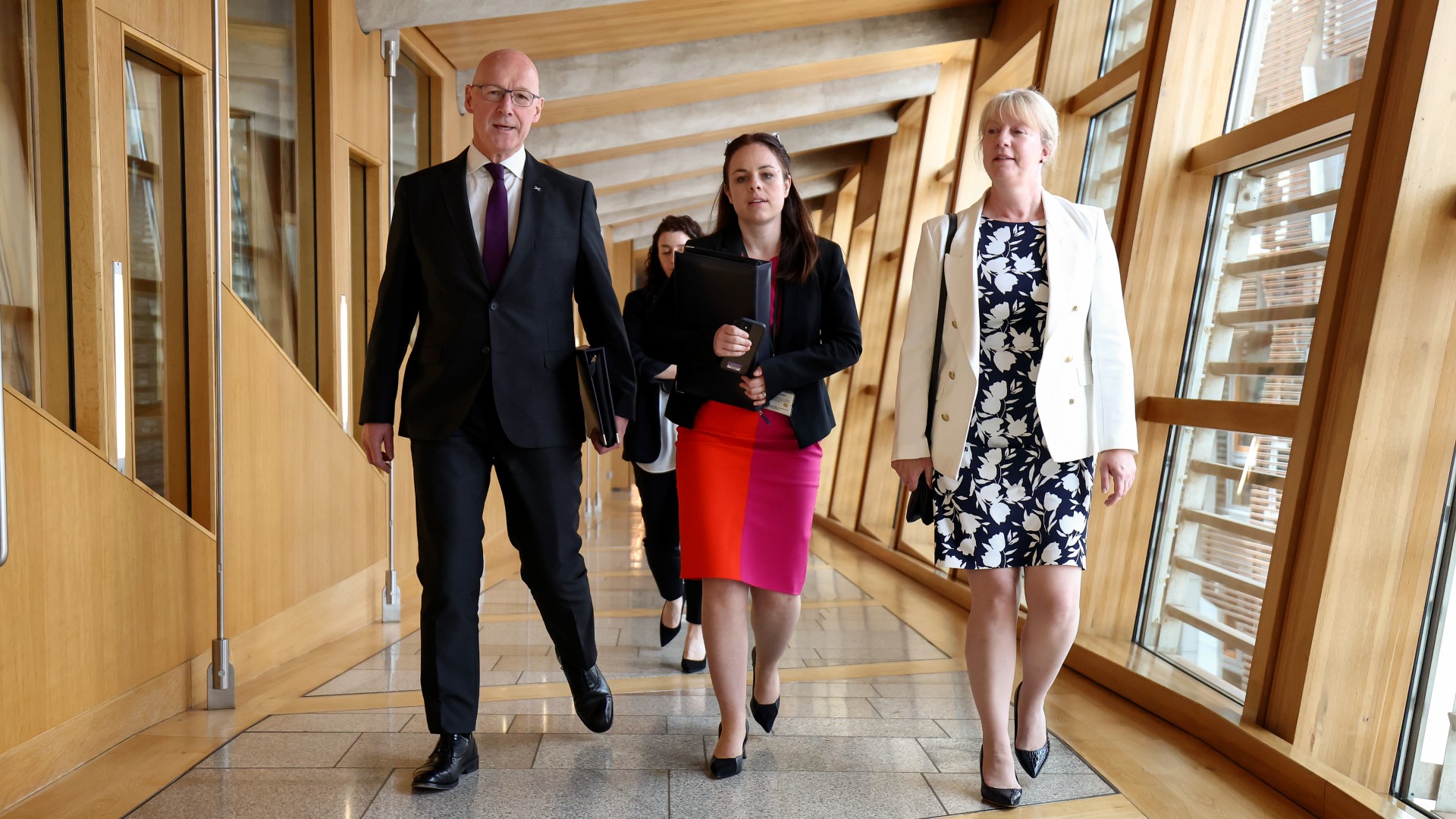 The SNP: a lacklustre manifesto?
The SNP: a lacklustre manifesto?Talking Point Voters 'getting weary' of familiar fare from Scottish National Party
-
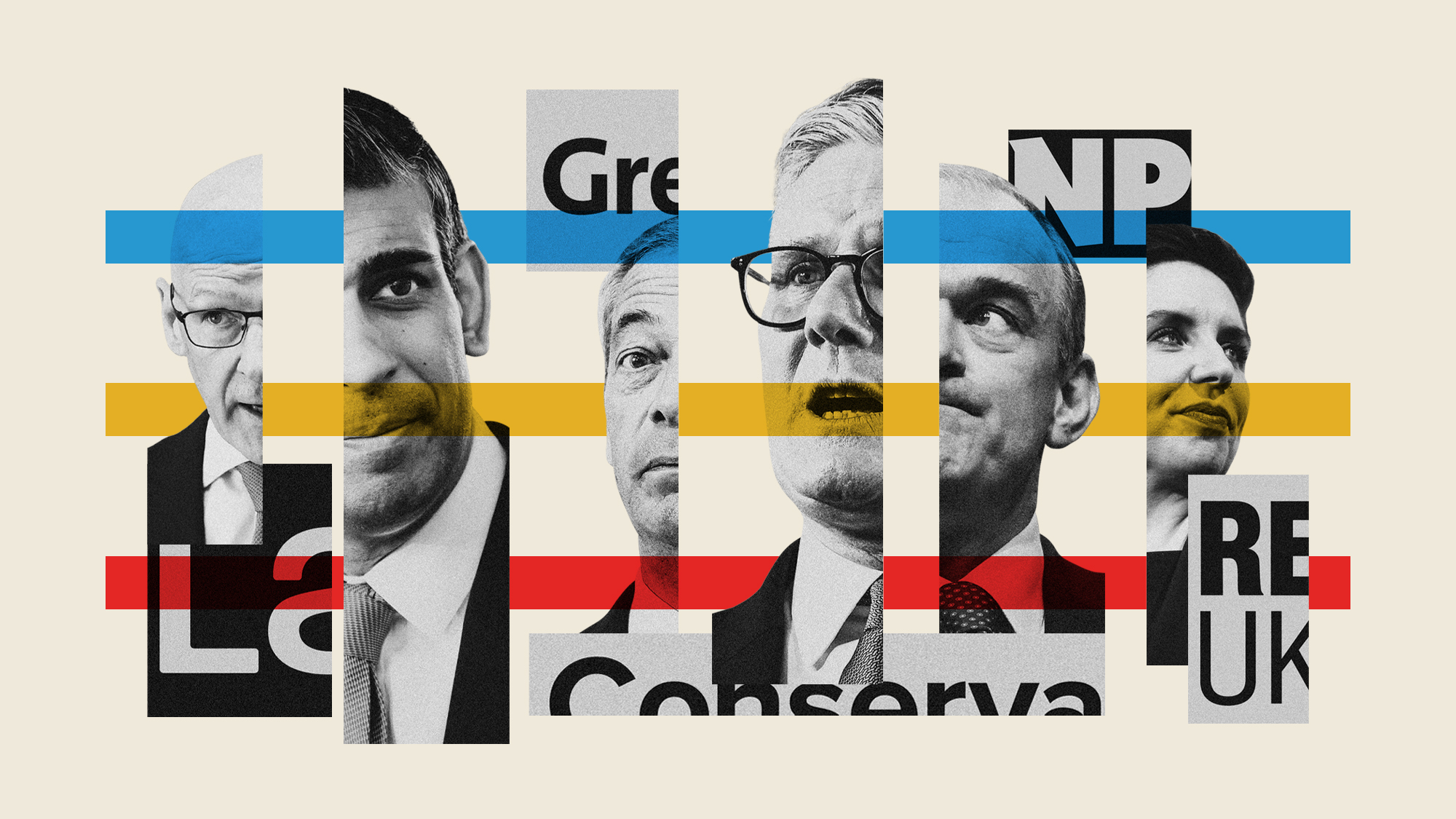 General election manifestos: how the main parties compare
General election manifestos: how the main parties compareIn depth Labour and the Tories 'leave voters guessing over policy on tax and spending'
-
 Who will win the battle to become Westminster's 'third party'?
Who will win the battle to become Westminster's 'third party'?Today's Big Question YouGov modelling suggests the Liberal Democrats will win many more than the 11 seats they managed in 2019
-
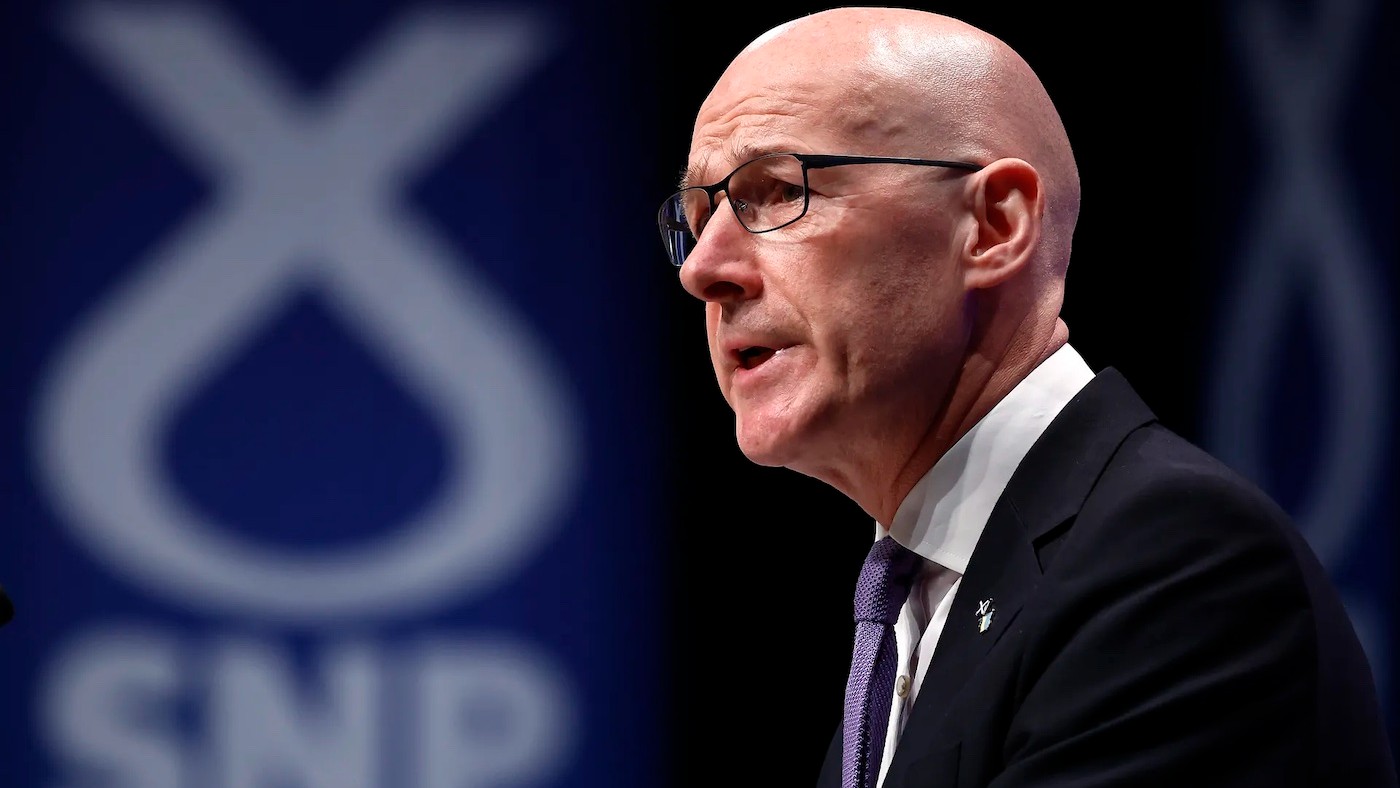 John Swinney: the SNP's ultimate 'safe pair of hands'
John Swinney: the SNP's ultimate 'safe pair of hands'In the Spotlight Former leader described as a 'serious person for serious times' is front runner to replace Humza Yousaf